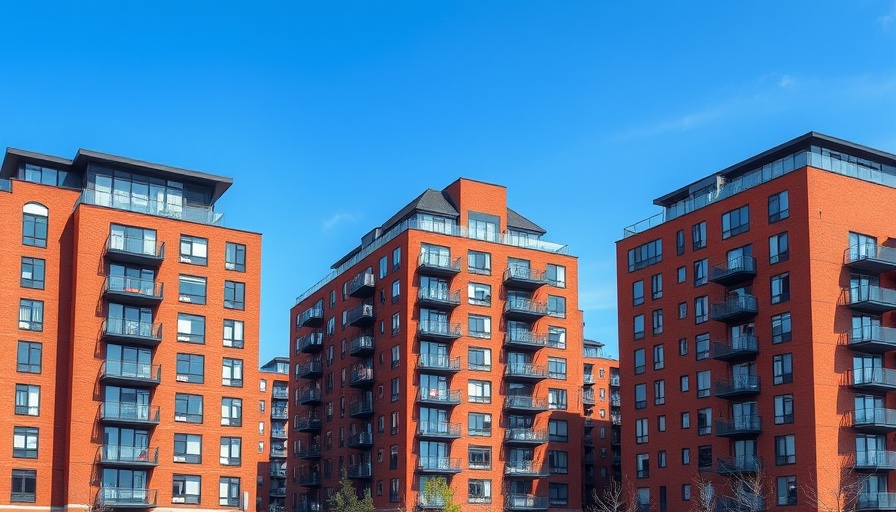
Understanding the Basics: Co-ops vs. Condos
When diving into the world of homeownership, many prospective buyers encounter the terms "co-op" and "condo." Both options present unique pathways to owning or occupying a multi-unit dwelling, but they operate under significantly different ownership models. Condominiums provide a direct purchase of real estate, while cooperative housing involves purchasing shares in a corporation. Understanding these distinctions is crucial for making informed decisions that align with your lifestyle and financial goals.
Ownership Structures: What’s the Difference?
With a condominium, buyers own their individual unit and possess a deed to that property. This ownership also comes with a share of the common areas, covering everything from lobbies to landscaping. The homeowners association (HOA) manages these spaces, ensuring they are maintained for the comfort of all residents.
Conversely, a housing co-op does not involve purchasing real estate outright. Rather, when individuals buy into a co-op, they acquire shares in a corporation that owns the building as a whole. This grants them rights to occupy a specific unit through a lease. Therefore, the fundamental distinction hinges on ownership: in a condo, you own property; in a co-op, you own shares in an entity that holds the property.
Maintenance Responsibilities: Who Takes Care of What?
In terms of maintenance, condo owners are tasked with upkeeping their unit, while the HOA manages the common areas through dues collected from all residents. These fees cover landscaping, utilities, and repairs in shared spaces, promoting community upkeep.
For co-op residents, the structure is similar regarding individual unit maintenance. However, the co-op board handles overall building maintenance and repairs, including funding for these activities through the monthly maintenance charges. These fees often cover not just upkeep but also a proportionate share of the building’s underlying mortgage and property taxes, thus complicating the financial landscape for co-op members.
Financing Challenges: Navigating Your Options
Financing a condo is often more straightforward than securing a loan for a co-op. Since condo buyers are investing in an actual property, standard mortgage options are readily available. In contrast, co-op financing can be more intricate, as lenders analyze the financial health of the co-op itself, along with the potential buyer's creditworthiness. Thus, securing a loan for a co-op may require greater scrutiny and often a larger down payment.
Living Arrangements and Flexibility: Your Lifestyle Choice
One of the most telling differences between co-ops and condos comes down to rules and flexibility. Typically, condo ownership allows for more autonomy in terms of modifications within the unit, making it suitable for those who wish to put their personal stamp on their living space. Many condos also have more lenient rental policies, allowing owners to rent out their units if desired.
On the flip side, co-ops often enforce strict regulations regarding renovations and renting. Such rules are designed to maintain harmony among residents and protect the investment of all shareholders, which can be appealing for individuals seeking a close-knit community environment.
Current Real Estate Trends: What Matters Most
The real estate market can greatly influence the appeal of co-ops versus condos. At present, many urban centers see a rising popularity of co-ops due to their lower initial purchase prices compared to condos. However, condos frequently command higher resale values and provide more comprehensive control to owners. Aligning your choice with current market trends may provide additional financial security in an ever-evolving property landscape.
Final Thoughts: Making the Right Choice for You
Choosing between a co-op and a condo revolves around personal priority—whether you value independence and flexibility in home modifications and rental opportunities, or you prefer the community-oriented approach that co-ops offer. As with any major decision, understanding the details is invaluable.
Are you ready to dive into the real estate market? Explore the vast selection of amazing properties available right now on platforms like Redfin, Zillow, or Trulia to get started on your homeownership journey today!
 Add Row
Add Row  Add
Add 



Write A Comment